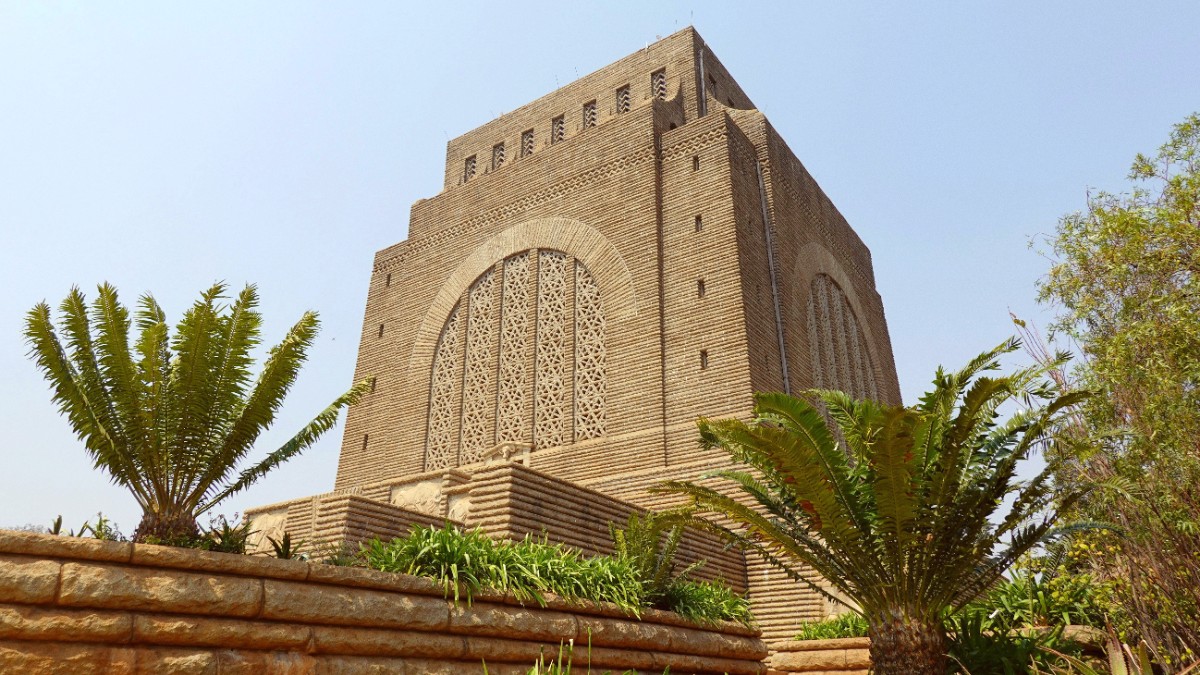
Gauteng, South Africa
Pretoria is home to nature reserves like Groenkloof and Rietvlei. Support these areas by visiting them and adhering to all rules, like staying on marked trails and not littering.
Recycling infrastructure exists in South Africa. Try to minimize your waste, especially plastics, by reducing single-use items. Dispose of litter responsibly in designated bins.
South Africa is a water-scarce country. Be mindful of your water usage. Take shorter showers, reuse towels at hotels, and avoid leaving taps running. These actions form part of water saving.
Engage respectfully with Pretoria's diverse cultures. Your interactions can leave a lasting positive impression.
Support museums and heritage sites that preserve South African history and culture. Your entrance fees and purchases fund their work.
Be patient and polite in your interactions. Acknowledge greetings with a smile. Learn a few basic phrases in a local language, like Sepedi or Afrikaans.
Consider choosing direct flights to reduce your carbon emissions. Some airlines or independent organizations have carbon offset programs.
Your respectful engagement with local cultures leaves a positive and lasting impression.
Support the local economy and confirm your visit benefits the community.
Join ethical township tours that directly benefit the local community through fair wages for guides and reinvestment in community projects.
Select local restaurants, guesthouses, and tour operators over large international chains where possible. This keeps money within the local economy and small businesses thrive.
Supporting reputable charities or community projects directly is often more effective than giving money to individuals, as direct giving can sometimes perpetuate cycles of dependency.
Avoid activities that include the exploitation of animals, like lion cub petting.
Research reputable local charities or NGOs (e.g., The Rainforest Site).
Avoid handing out money or gifts to children, as it can encourage begging.
Direct cash handouts sometimes foster dependency. Research and support local, reputable charities instead for positive community contribution.
Your choices as a traveler hold great meaning. Choose options that benefit both the environment and the local people.